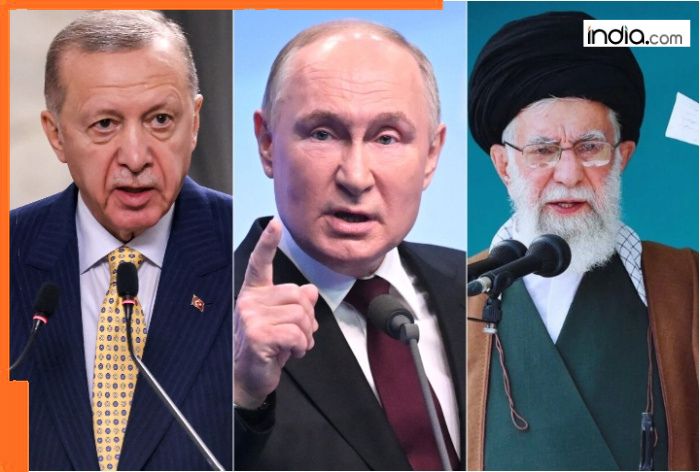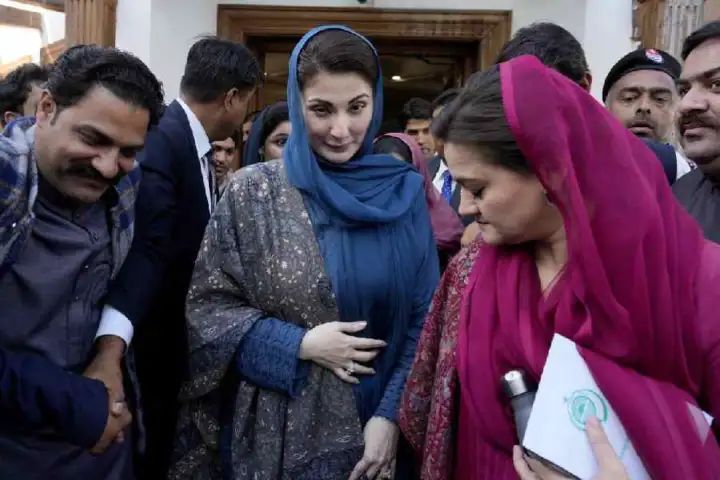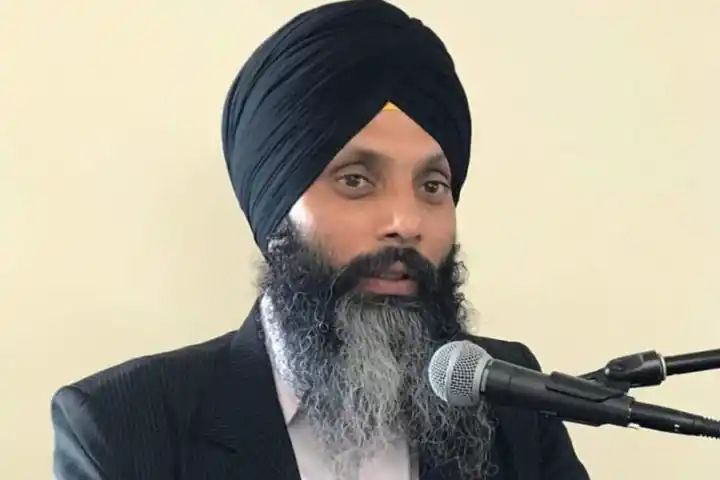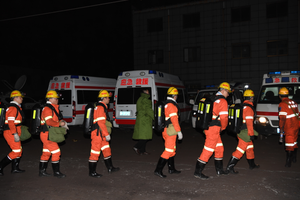Turkey’s Erdogan makes big move to trap Iran, Russia; Israel to stop Syria’s Shia-Sunni conflict? All you need to know

Syria civil war: Amidst Israel’s war on Gaza and Lebanon, another major conflict in the Middle East, the Syrian civil war, which has been raging for the last eight years, did not receive much attention in the media. But in a major development, rebel forces on Saturday have nearly captured Aleppo, Syria’s second largest city, marking the first instance of rebels entering the Syrian city after a gap of nearly eight years.
According to humans rights groups, around 277 soldiers and civilian have been killed so far as the rebels stormed Aleppo and have captured major portions of the city, first time since 2016, when they were pushed back by President Bashar al-Assad’s forces with the help of Iran and Russia.
However, recent escalation suggests the rebels have regrouped and once again moving towards their intended goal of overthrowing the Assad regime in Syria. The resurgence of rebel forces, experts believe, is largely due to the support and policies of Turkish President Recep Tayyip Erdogan.
How Erdogan took advantage of Russia, Iran’s pre-occupations
It is believed that Russia, which is engaged in a raging war with Ukraine, and Iran, which is standing on the brink of an all-out war with Israel, has provided Erdogan the opportunity to rekindle the rebellion against Bashar al-Assad in Syria, as his key allies remain embroiled in direct conflicts with their respective foes.
According to Turkish officials, Russia has moved most of its air defense systems, fighter jets, and other key military assets from Syria to fight war against Ukraine, giving Syrian rebels the opportunity to capture Aleppo, which they gleefully accepted as neither Iran nor Russia were there to push them back this time around.
Russia has termed the rebel assault as a ‘direct violation of Syria’s sovereignty’, but hinted that it may intervene militarily. Meanwhile, the rebels continue to push forward as they assert control in Aleppo, with the backing of Turkey’s Erdogan, according to experts.
‘Erdogan supporting jihadist groups’
Simone Ledeen, a US-based Middle East affairs expert, claims that Erdogan has openly supported Sunni jihadist groups in Syria, which have now captured the city of Aleppo after over eight years.
Ledeen believes that the incoming Trump administration will have to address two important questions concerning the future of Syria. The first question is what happens to Assad regime if Iran’s influence in Syria is depleted or ended? and the second, more pressing query is how Russia will respond to Turkey’s growing power in northern Syria.
“Russia wants Assad to survive, who is very important from a strategic point of view, but Turkey wants to appoint itself as the ‘Caliph’ of Muslim nations, especially the Sunnis. This could be a very volatile situation,” Ledeen says.
Israel could play a key role?
According to Simone Ledeen, Israel could emerge as a key player in the Syrian civil war. He claims that if Iran is significantly weakened, Russian President Vladimir Putin is likely to seek Israel’s help to curb Turkey’s growing influence, a move which could shift the entire balance of power in the Mediterranean region.
Ledeen asserts that the United States must clarify its stance on Turkey — a fellow NATO member, whose actions are not in accordance with the alliance’s policies. “Syria has become a country where Turkey, Russia, Iran and Western nations have opposing interests. Now everyone’s eyes will be on America’s stance.”
Syria’s Shia-Sunni civil war
For nearly a decade, Syria has been embroiled in a bloody civil war between government forces backed by Iran, Russia, and other allies, and rebel forces backed by the US and its NATO allies. The rebels aim to overthrow the Bashar al-Assad regime, which they claim is autocratic and dictatorial, however, the conflict is much more complex than it seems on surface.
The Syrian civil war is essentially an extension of the millennia old rivalry between the Shia and Sunni sects of Islam, with both group trying to assert their dominance in the region.
Syria’s President Bashar al-Assad belongs to the Alawite community, an offshoot of Shi’ite Islam which originated in present-day Iraq, and fled to the Latakia province in the 10th century AD to escape oppression and persecution by Muslim rulers who viewed them as heretics.
Iran, being the base of Shia power in the Middle East, has thus openly supported the Assad regime in its battle against the Sunni rebel groups, who are backed by Turkey and its NATO allies.





